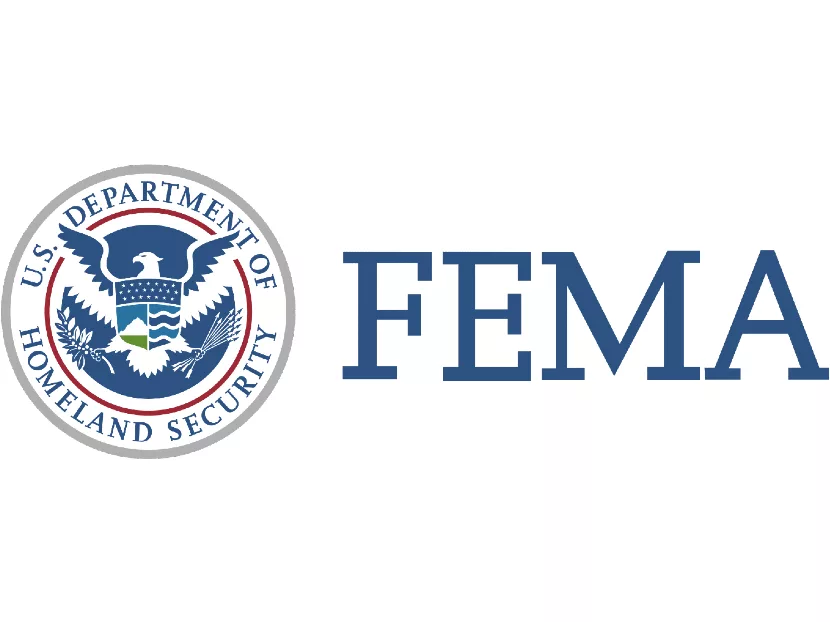On April 13, 2022, the Federal Emergency Management Agency (FEMA) released a new building codes strategy, defining the goals and objectives it will pursue to promote the application, adoption and enforcement of hazard-resistant building codes across the United States. This first-of-its kind strategy focuses on three core goals: integrating building codes and standards across FEMA, strengthening nationwide capacity for superior building performance, and driving public action on building codes. The goals will drive coordination and prioritize the agency’s activities to advance the adoption and enforcement of hazard-resistant building codes and standards for FEMA programs and communities nationwide.
FEMA Administrator Deanne Criswell announced the strategy at this year’s National Hurricane Conference, where she described hazard-resistant codes as “a cornerstone of loss reduction,” that “save property, but more importantly, they save lives.”
In the new strategy, FEMA highlights several building codes, specifications, and standards – including nine International Codes and two International Code Council standards. The strategy works towards internal alignment of priorities and practices across all of FEMA’s programs related to building codes and acts as a guide, both inside and outside of the agency, to promote consistency and the value of building codes towards disaster mitigation.
“[I]t is partners such as the International Code Council who are here today, that are making the difference. I would like to thank the ICC for their advocacy and partnership in promoting and educating communities on the critical importance of modern building codes and standards,” said Administrator Criswell.
FEMA’s strategy also serves to address the importance of supporting underserved communities that have a greater probability of living in structurally unsafe housing. It notes that low-income communities have been shown to be disproportionately impacted by natural hazards as individuals are less likely to live in housing constructed according to modern building codes. FEMA plans to expand support to these communities to foster safe and resilient communities nationwide.
Building off the FEMA-wide approach to building codes outlined in the strategy, the agency is supporting alignment across the federal government on building codes and standards to include all agencies and departments that reference codes and standards in their programs and to encourage the adoption and implementation of hazard-resistant codes at all levels of government, working with private sector partners, including the Code Council and others, to execute these efforts nationwide.
“The role of modern building codes has become increasingly important as we strive to keep communities safe, resilient and affordable,” said Code Council Chief Executive Officer Dominic Sims, CBO. “The Code Council commends FEMA for their dedication to establishing a comprehensive and consistent national strategy towards the implementation, adoption, and effective enforcement of hazard-resistant building codes.”




